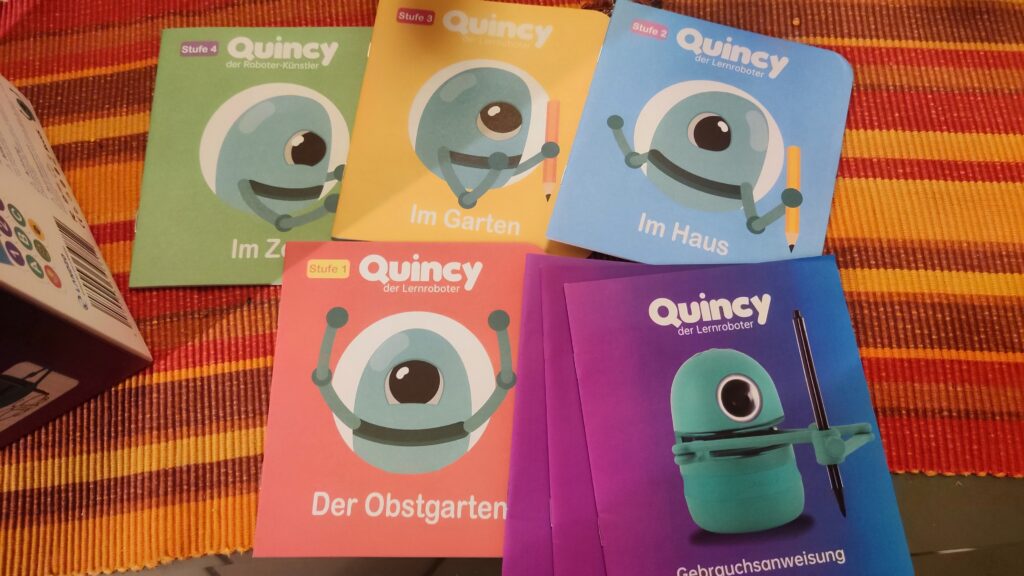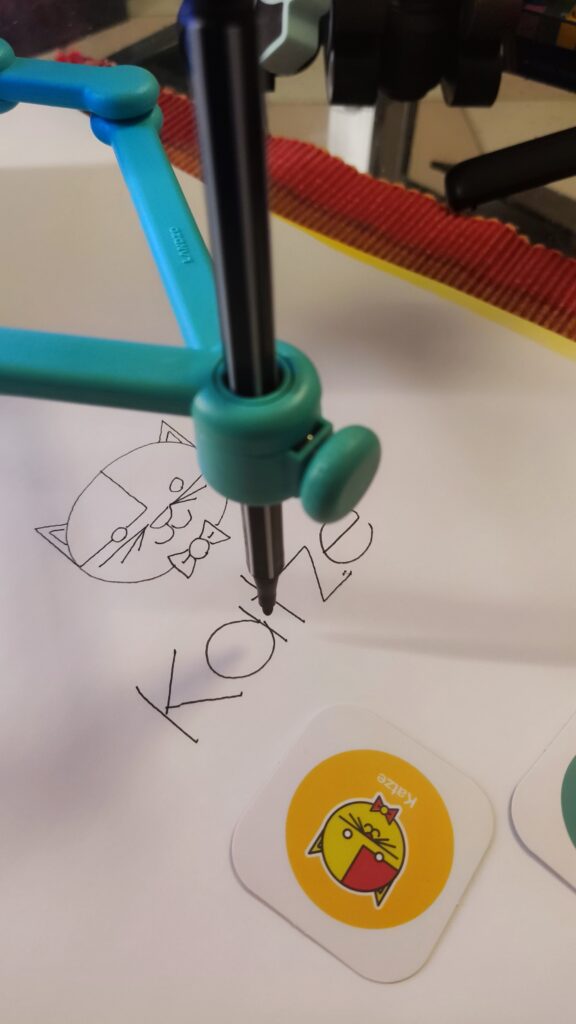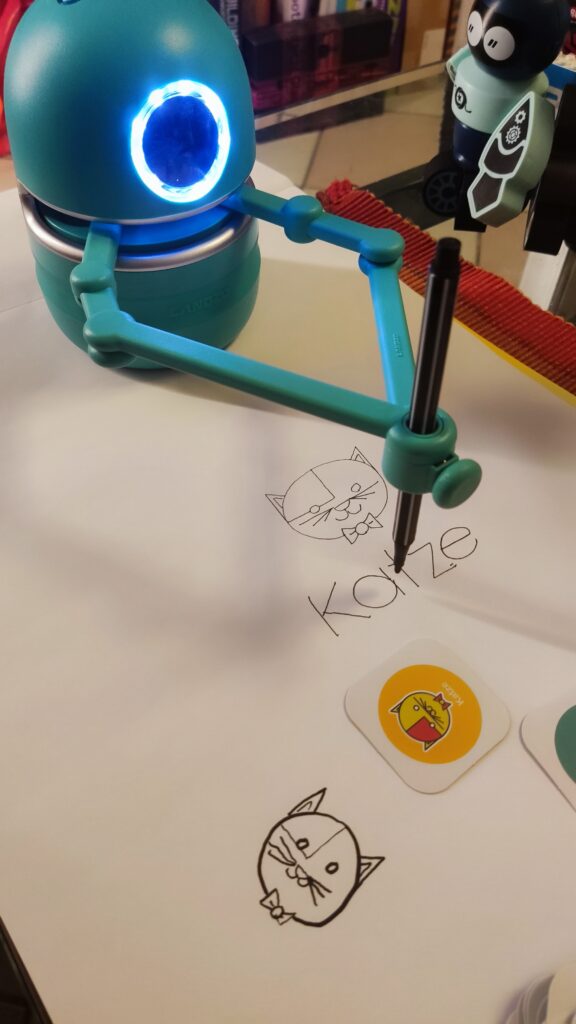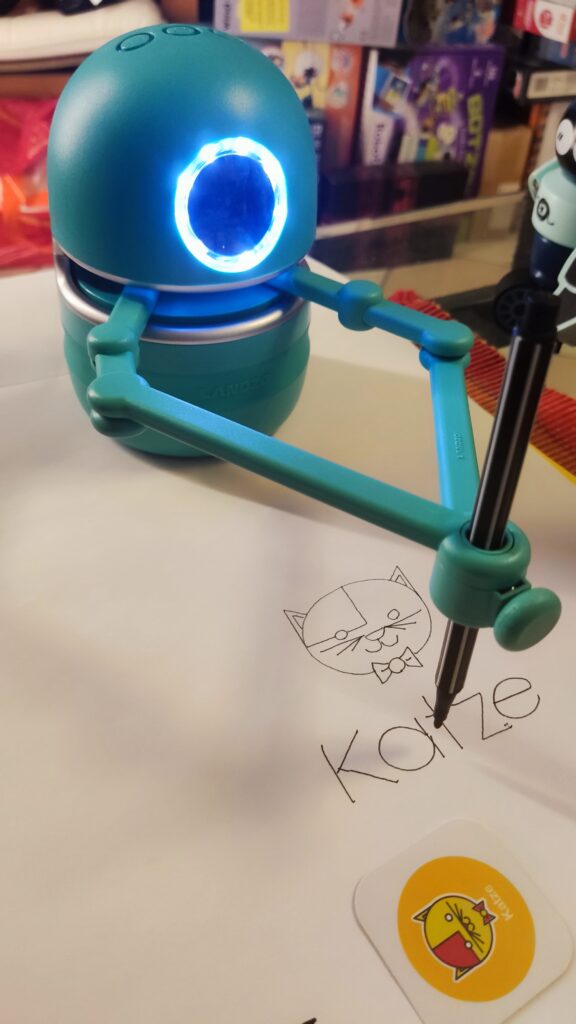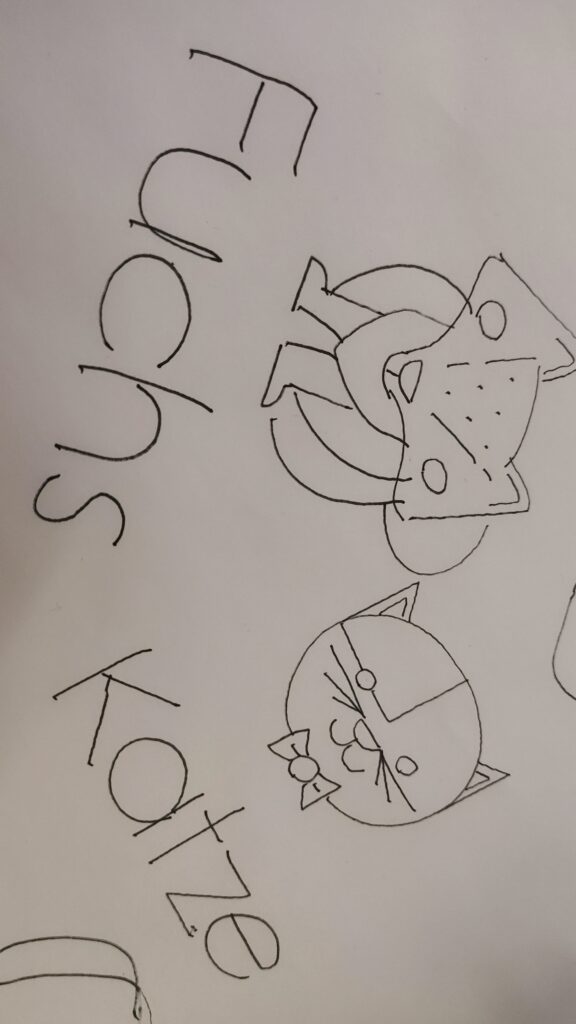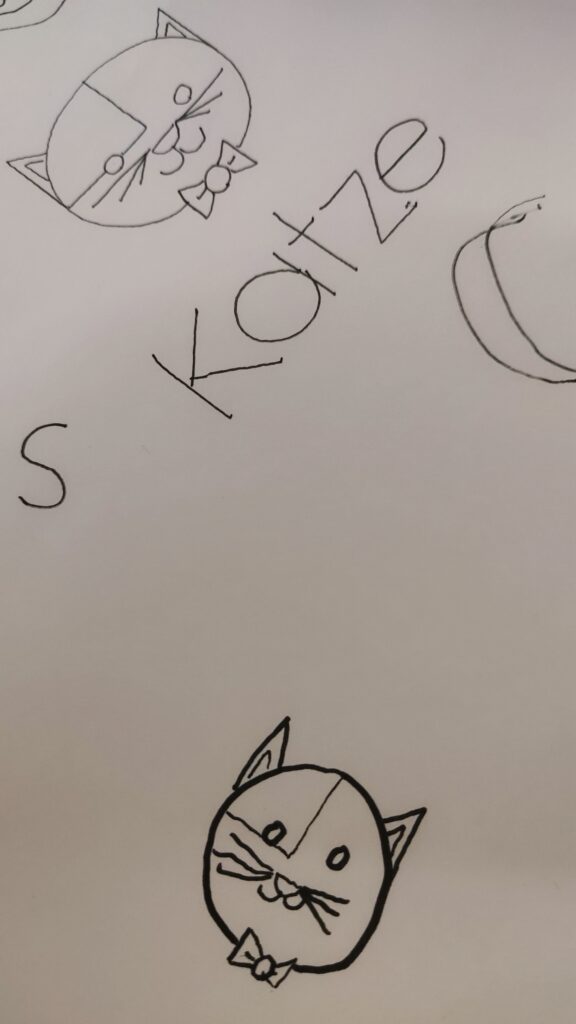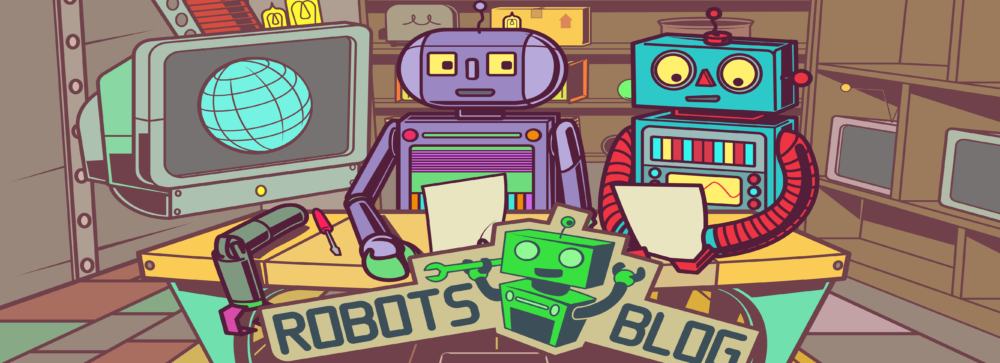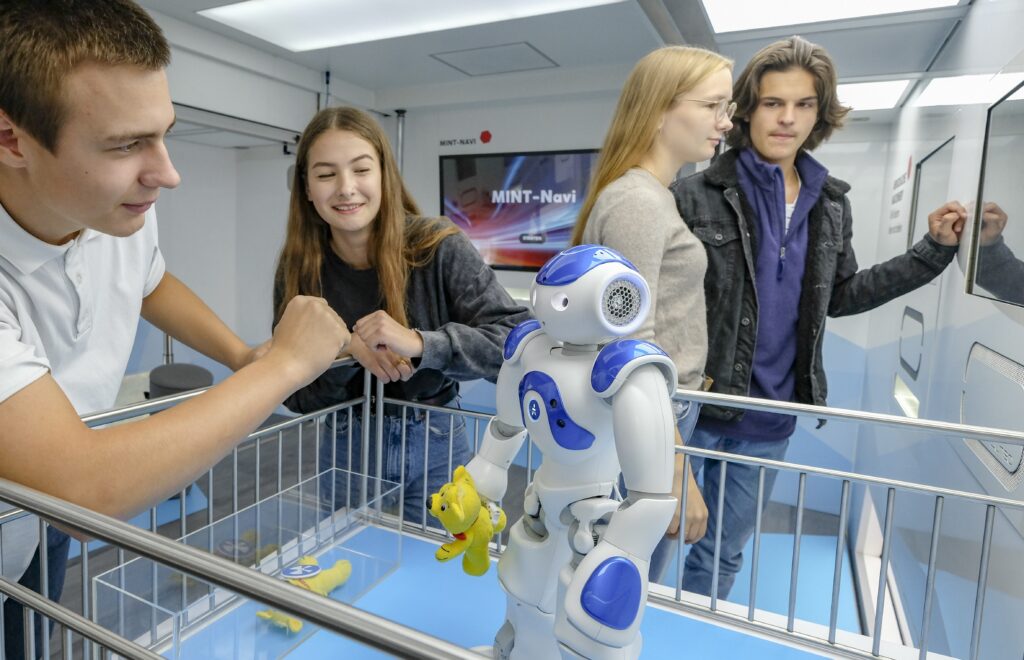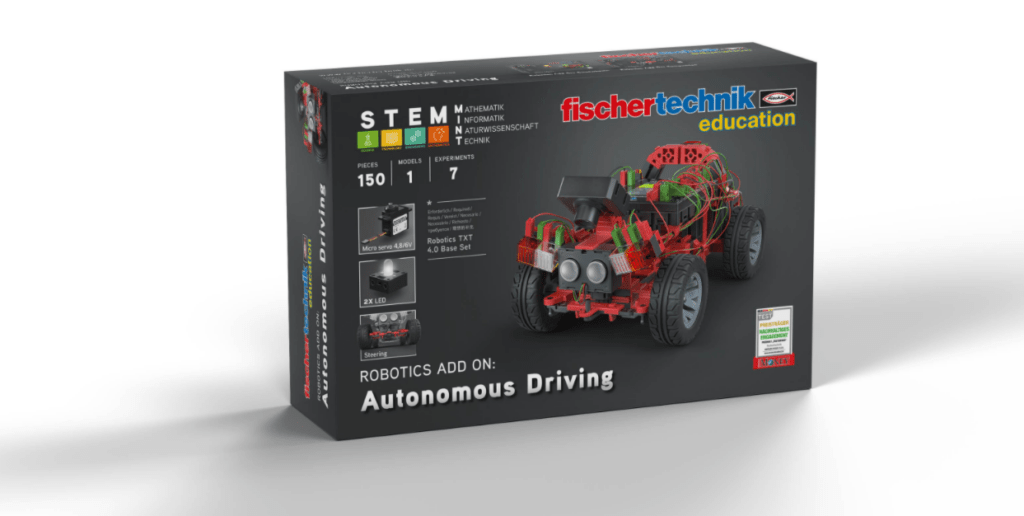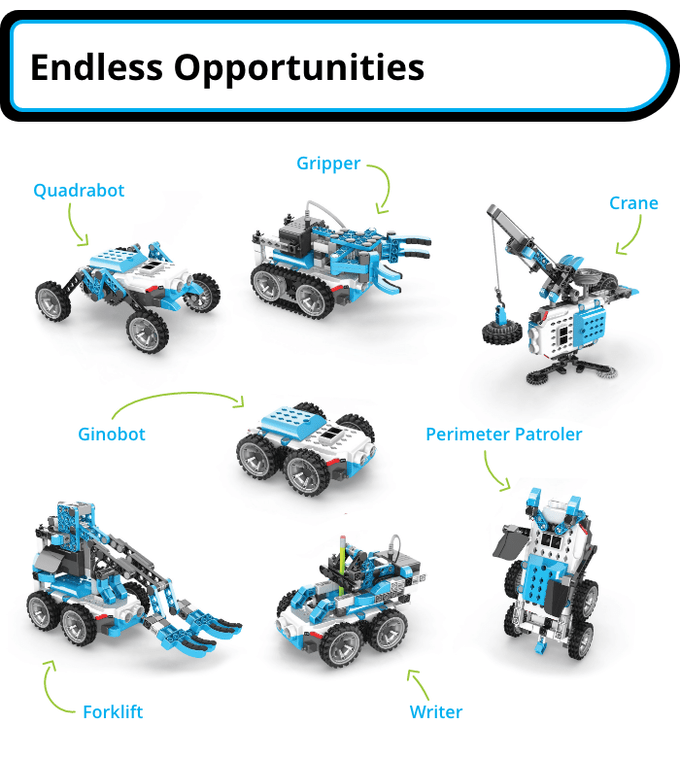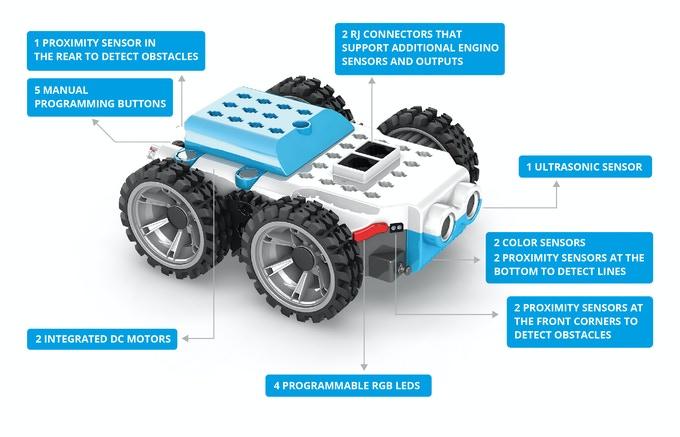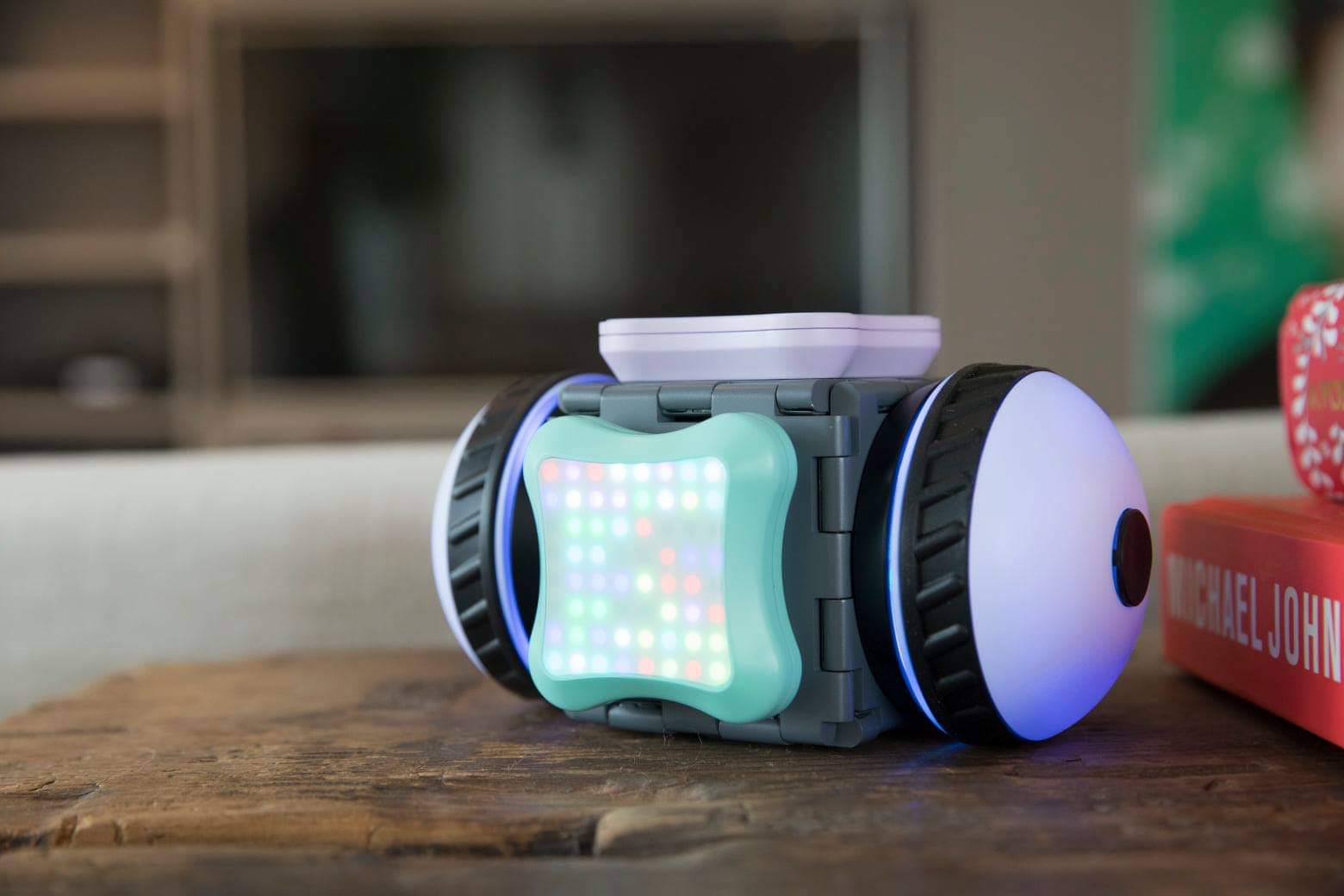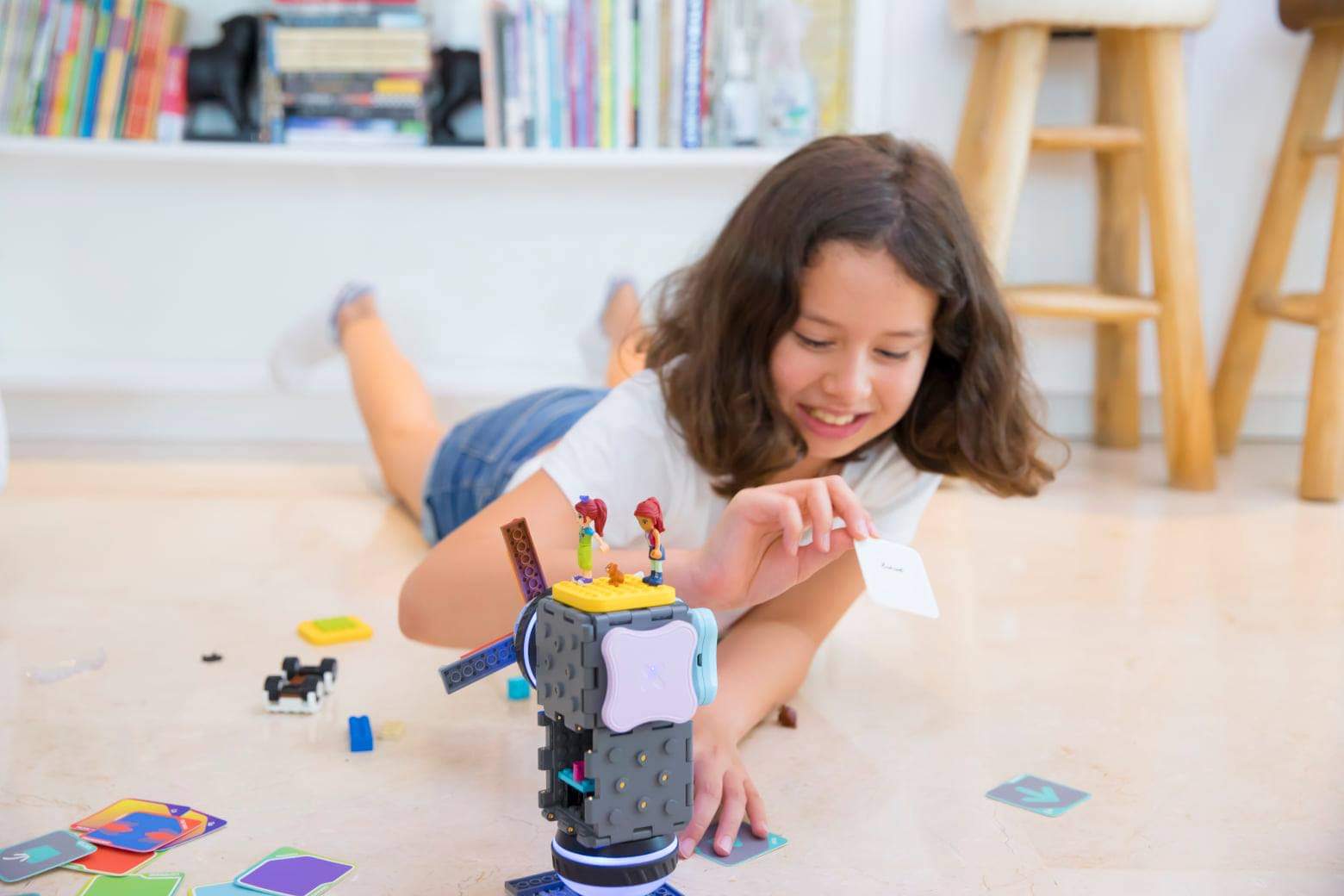Quincy ist ein Roboter, der speziell für Kinder im Alter von 3 bis 8 Jahren entwickelt wurde. Er hat die Gestalt eines putzigen Roboter-Zyklopen mit zwei magnetischen Armen, die einen Stift halten können. Er kann verschiedene Bilder zeichnen, die er von speziellen Karten scannt, und dabei Kinder anleiten, ihm zu folgen und mitzuzeichnen. Er kann auch lehren, wie man das Alphabet, die Rechtschreibung, das Zählen und Mathematik lernt, indem er ihnen Geschichten erzählt, Fragen stellt und sie zum Mitmachen auffordert.
Quincy ist mehr als nur ein Spielzeug, er ist ein innovativer Lernbegleiter, der die Kreativität, die kognitiven und die sprachlichen Fähigkeiten der Kinder fördert. Er verwendet eine interaktive und spielerische Methode, um die Kinder zu motivieren. Er passt sich dem Lernniveau und dem Tempo der Kinder an und gibt ihnen positives Feedback und Ermutigung. Er ist ebenso ein schönes Spielzeug, das die Kinder unterhält und aktiv beschäftigt.
Quincy funktioniert mit verschiedenen Karten, die er mit seinem Auge, bzw. der dahinter verbauten Kamera, scannen kann. Es gibt vier Arten von Karten: Zeichenkarten, Buchstabenkarten, Zahlenkarten und Mathe-Herausforderungskarten. Die Zeichenkarten enthalten Bilder von Tieren, Pflanzen, Objekten und anderen Themen, die Quincy zeichnen und erklären kann. Die Buchstabenkarten enthalten die 26 Buchstaben des Alphabets, die Quincy verwenden kann, um die Kinder das Alphabet und die Rechtschreibung zu lehren. Die Zahlenkarten enthalten die Zahlen von 0 bis 9, die Quincy verwenden kann, um Kindern das Zählen und die Grundrechenarten zu lehren. Die Mathe-Herausforderungskarten enthalten Geschichten mit Mathefragen, die Quincy zeichnen und erzählen kann, und die Kinder sollen die richtige Antwort mit den Zahlenkarten geben.
Um Quincy zu benutzen, muss man ihn zuerst einschalten, indem man den Lautstärkeregler nach rechts dreht. Dann muss man einen Stift in seine Arme stecken, so dass die Spitze das Papier berührt. Dann muss man Quincy auf die obere Mitte des Papiers stellen, so dass seine Arme über dem Papier sind. Dann kann man eine Karte auswählen, die man Quincy zeigen möchte, und sie in etwa 5 cm Entfernung von sein Auge halten. Wenn sein Auge blinkt, bedeutet das, dass er die Karte erkannt hat, und man kann die Weiter-Taste drücken, um fortzufahren. Quincy wird dann das Bild zeichnen oder die Geschichte erzählen, und die Kinder können mitzeichnen oder ihm antworten. Mit der Weiter, Wiederholen oder Pause Taste lassen sich die Ansagen entsprechend steuern.
Quincy hat ein modernes und einzigartiges Design, das ihm Flexibilität und Stabilität beim Zeichnen und Schreiben verleiht. Er hat eine Saugnapfkonstruktion, die verhindert, dass er versehentlich beim Zeichnen verrutscht, und einen Arm, der durch seine magnetische Befestigung verhindert, dass er abbricht, wenn er mal herunterfällt. Seine schnelle Scanfähigkeit von 0,5 Sekunden ermöglicht es ihm, Bilder sofort zu erkennen und zu zeichnen. Er hat einen eingebauten 2500mAh wiederaufladbaren Lithium-Akku, der 2-2,5 Stunden zum Aufladen benötigt und 5,5 Stunden ohne Unterbrechung arbeiten kann. Er hat einen eingebauten gut klingenden Lautsprecher, der seine Stimme klar und angenehm macht. Er ist aus PET-Kunststoff gefertigt und hat eine rutschfeste Silikonbasis.
Das erste Ausprobieren und Starten von Qunicy gelang uns auf Anhieb und stellt keine Hürde dar. Vermutlich schaffen es die meisten Kinder, ohne die Hilfe Ihrer Eltern, Quincy in Betrieb zu nehmen. Wir empfehlen Quincy direkt neben einem Malblock zu platzieren, der gegen Verrutschen gesichert ist oder entsprechendes Eigengewicht besitzt.
Quincy ist bei Amazon für ca. 90 Euro erhältlich. Das Quincy Starterpaket enthält: Quincy, eine Bedienungsanleitung, zwei magnetische Arme, ein Ladekabel sowie zwei Stifte. Außerdem sind 24 Zeichenaufgaben, 4 Mathematikaufgaben, 26 Buchstabenkarten und 10 Zahlenkarten enthalten. Es gibt auch ein Quincy Erweiterungsset, das bald erhältlich sein wird, und das mehr Rechenaufgaben, Zeichenaufgaben und Buchstabieraufgaben bietet.
Quincy ist ein pädagogischer Zeichenroboter, der Kindern hilft, ihre Kreativität zu entwickeln und das Zeichnen zu lernen. Er ist ein perfekter Hauslehrer für Ihre Kinder, der ihnen verschiedene Fähigkeiten und Kenntnisse vermittelt, wie z.B das Alphabet, Rechtschreibung, Zählen, Mathe und mehr. Er ist ein lustiger und lehrreicher Begleiter, der Kinder zu motivieren und beschäftigen weiß.
